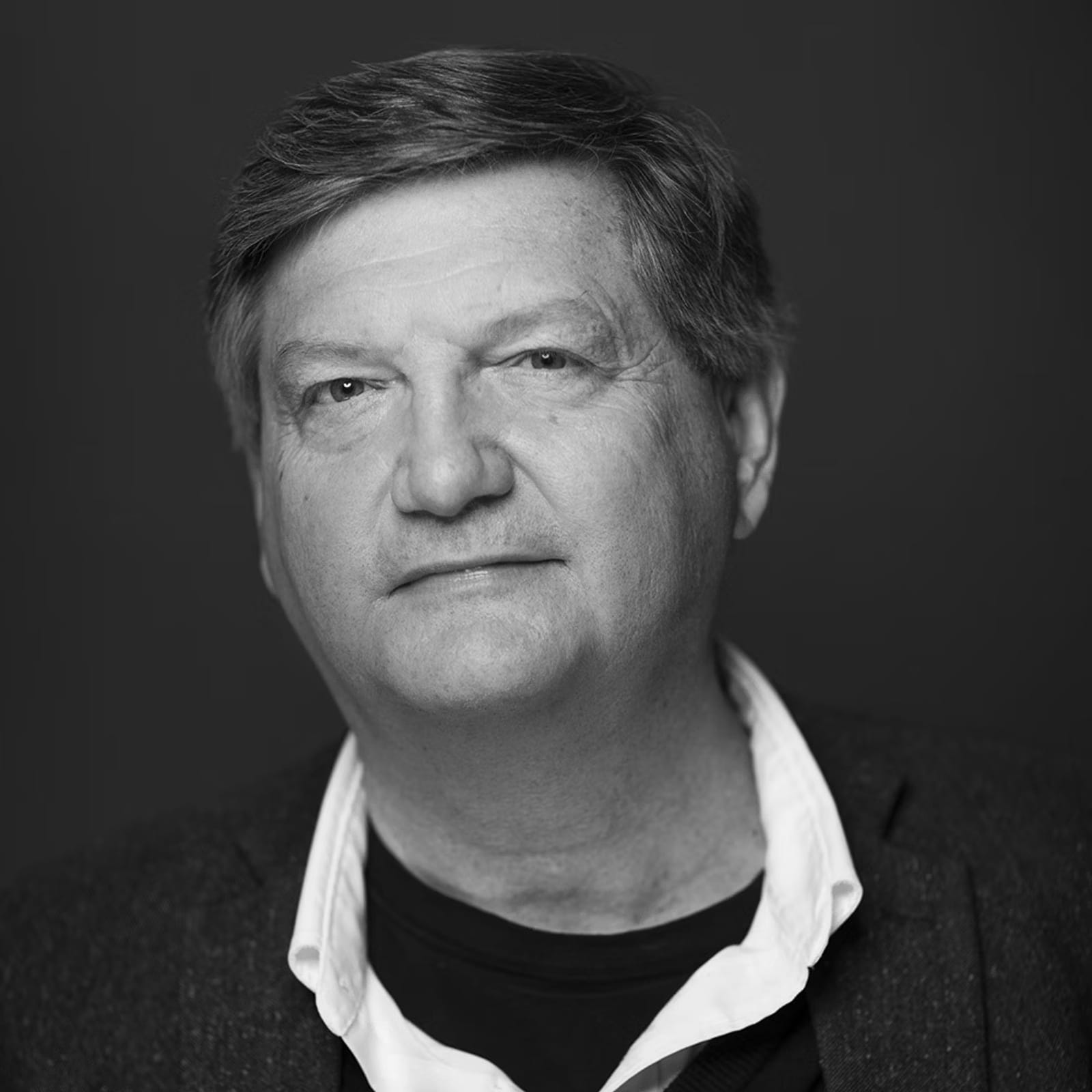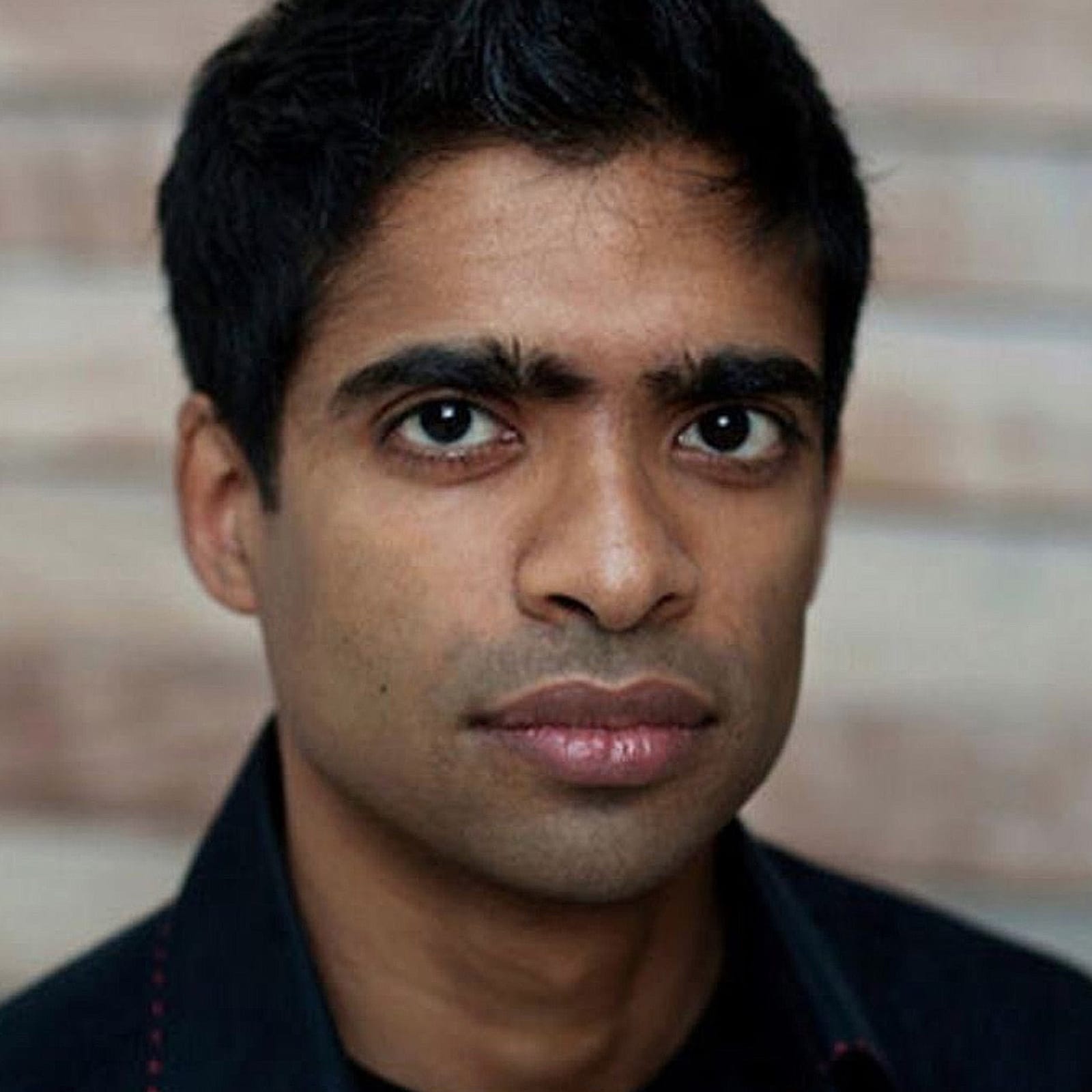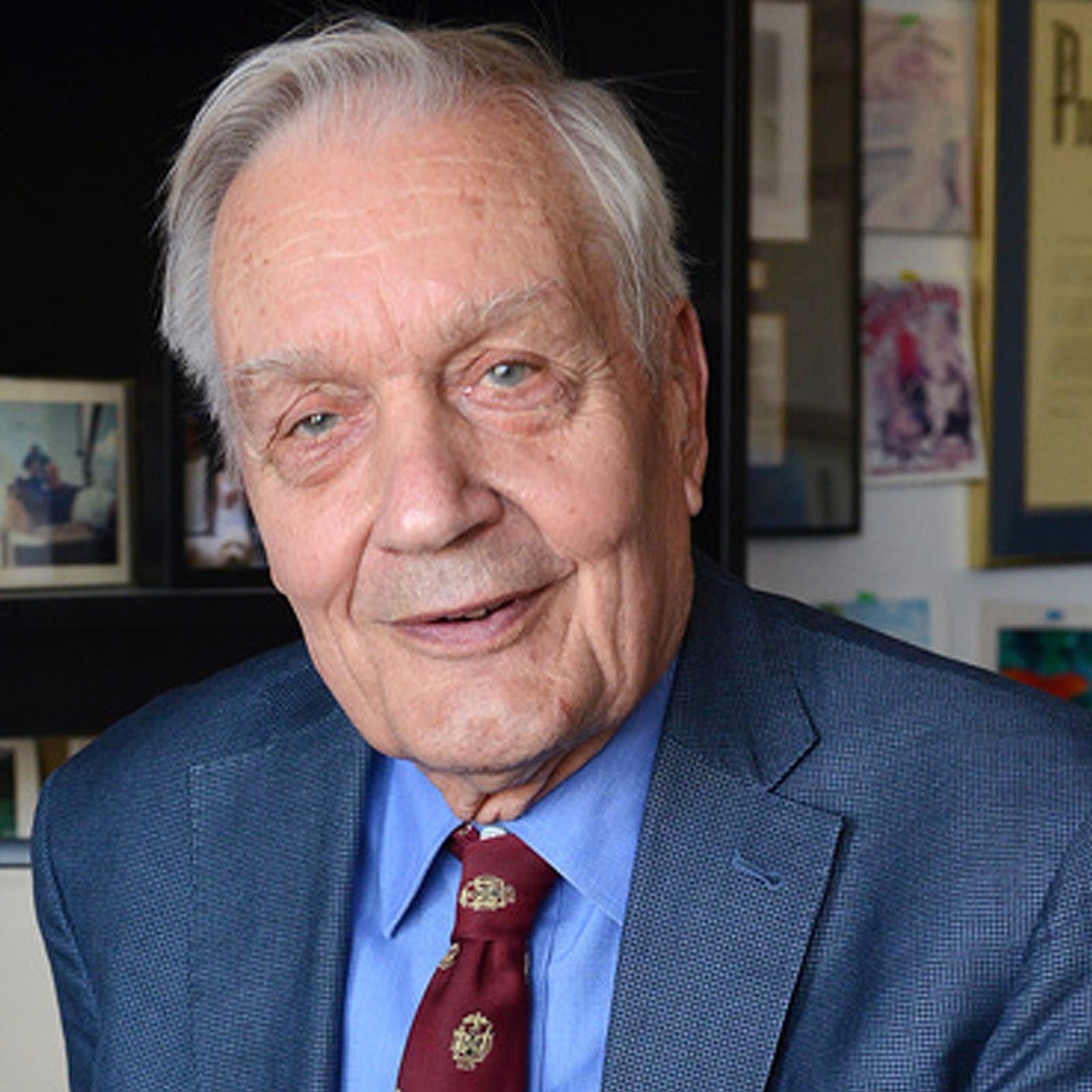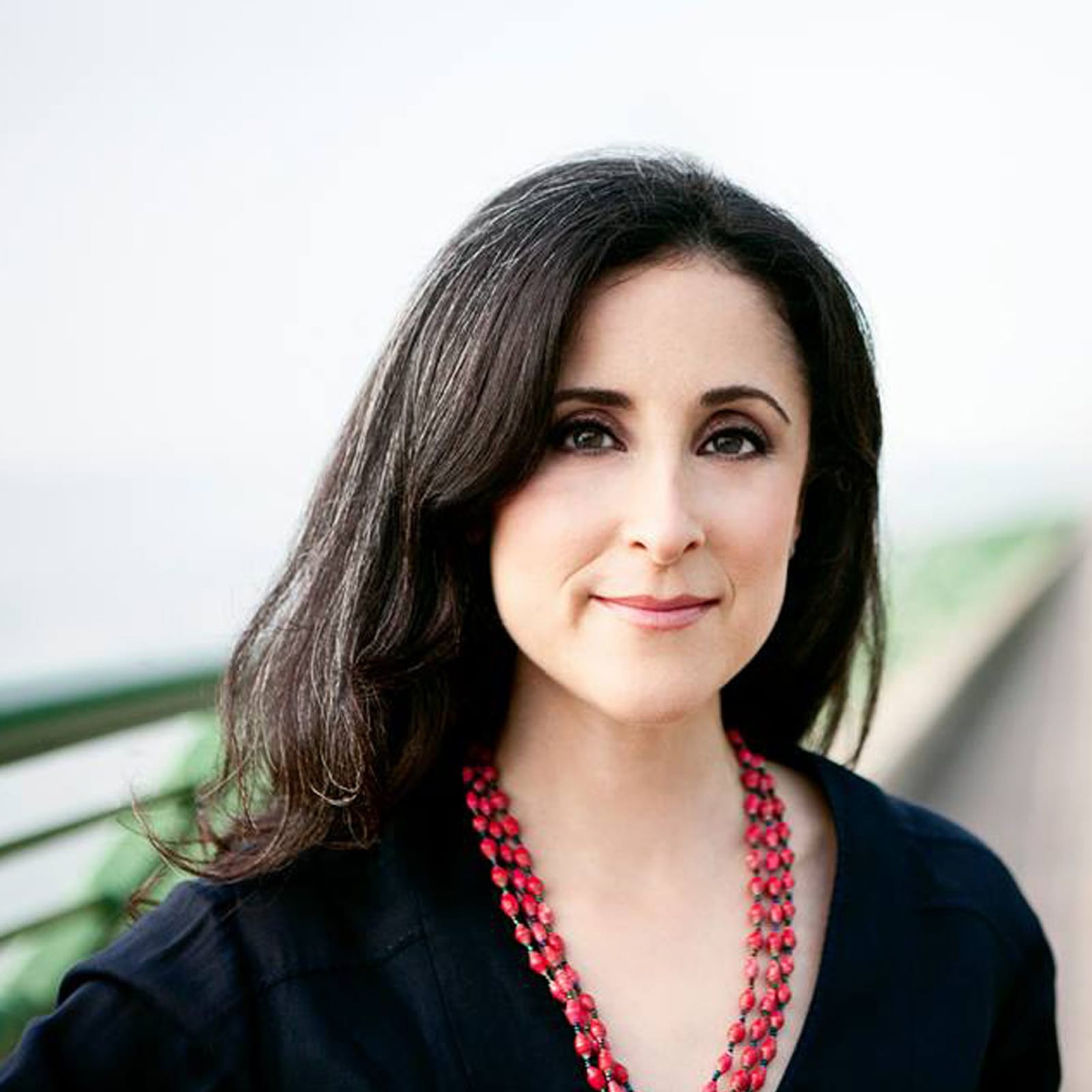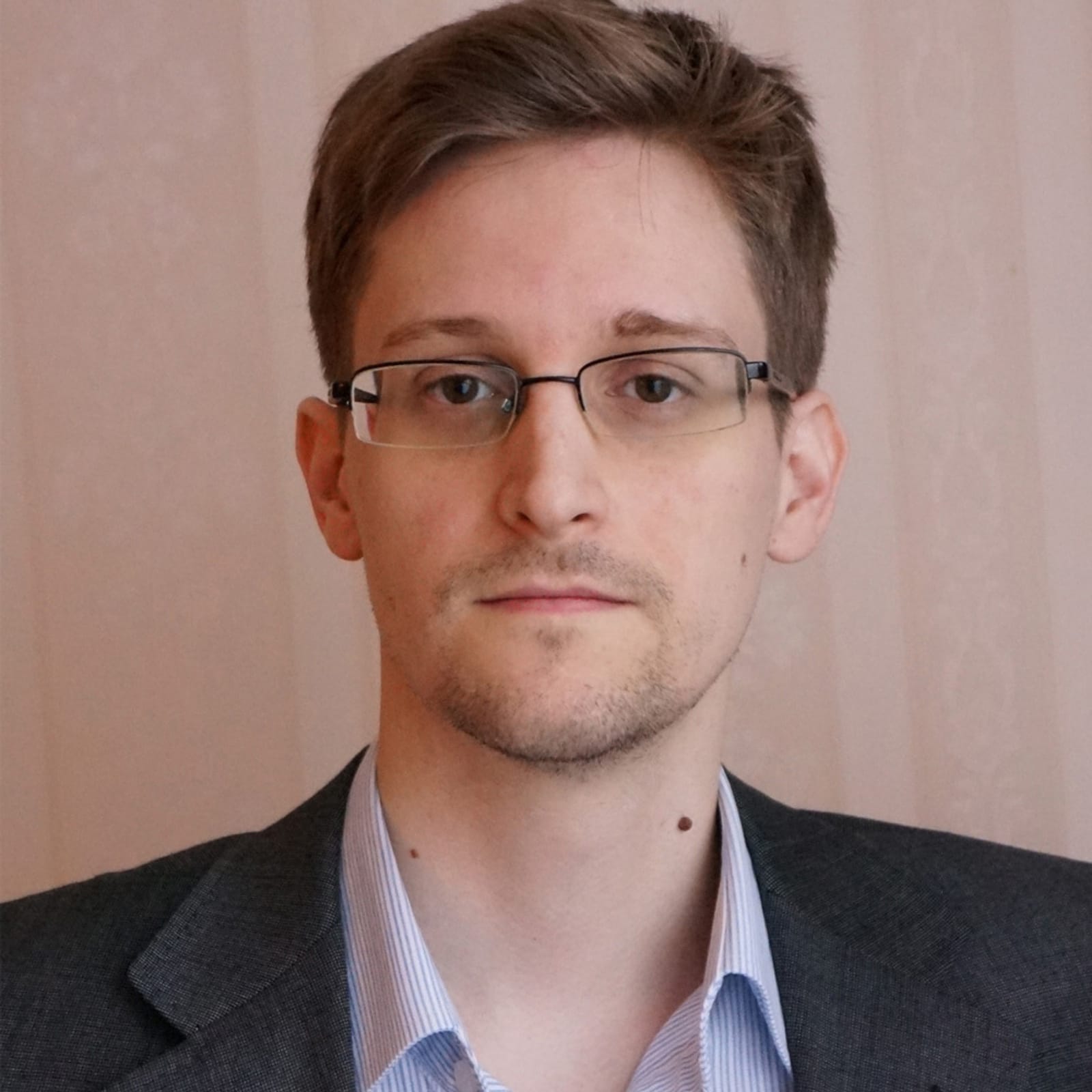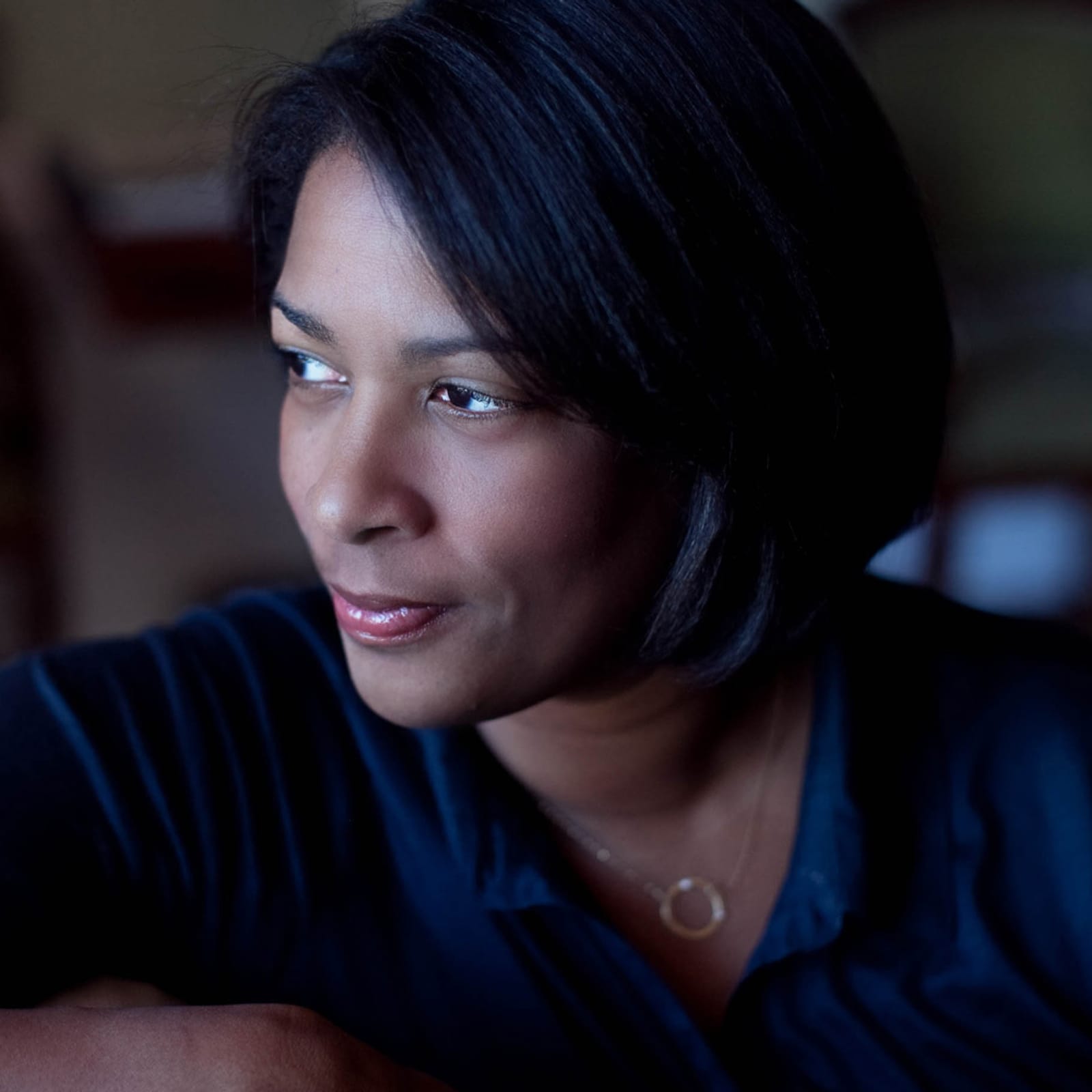- Truth-Telling Prize Recipient, 2014
- Documentary Film Prize Recipient, 2015
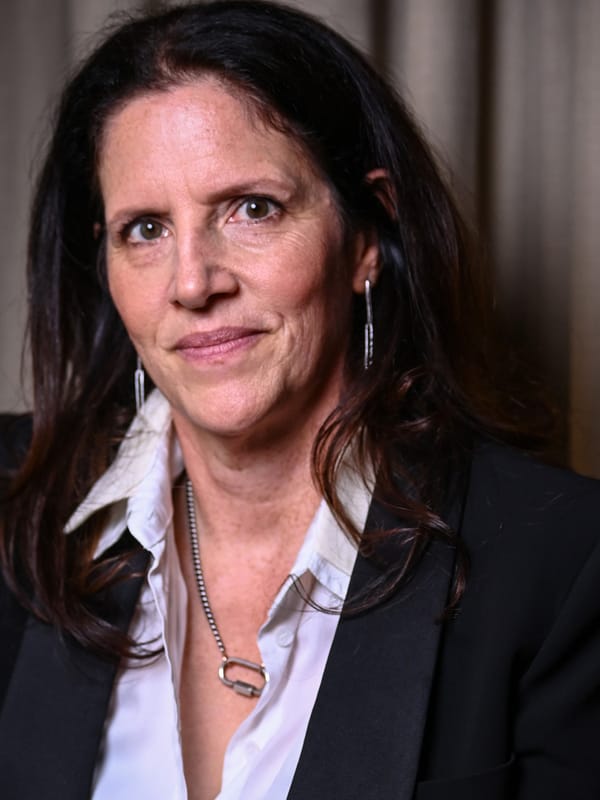
- Truth-Telling Prize Recipient, 2014
- Documentary Film Prize Recipient, 2015
Laura Poitras, a documentary filmmaker and journalist, is the 2014 co-recipient, with Edward J. Snowden, of The Ridenhour Prize for Truth-Telling. Poitras was the first to establish encrypted contact with Snowden and helped to initiate safe lines of communications with other journalists, leading to the exposure of the National Security Agency’s vast warrantless surveillance operation.
In reflecting upon its decision, the awards committee said, “We have selected Edward Snowden and Laura Poitras for their work in exposing the NSA’s illegal and unconstitutional bulk collection of the communications of millions of people living in the United States. Their act of courage was undertaken at great personal risk and has sparked a critical and transformative debate about mass surveillance in a country where privacy is considered a constitutionally-protected right. We particularly wanted to salute the role that Poitras has played in this story, as we feel that her contribution has not been adequately recognized by the American media.”
Poitras’s work as a documentary filmmaker and investigative reporter brought her international recognition before she was contacted by Snowden. Her 2006 film, “My Country, My Country,” the first in a trilogy of films about post-9/11 America, was nominated for an Academy Award. The second film, “The Oath,” was nominated for two Emmy Awards.
Born in Boston, Massachusetts, Poitras moved to San Francisco to work as a chef and soon began studying filmmaking with Ernie Gehr. In 1992, she moved to New York to attend the New School for Social Research to study political theory and documentary filmmaking.
Poitras was in Manhattan on September 11, 2001. “We always wonder how countries can veer off course,” she told Peter Maass at the New York Times Magazine. “How do people let it happen, how do people sit by during this slipping of boundaries?” Seeking to understand these questions she started documenting post-9/11 America.
In 2004, Poitras traveled alone to Iraq to document the war, working in a conflict zone for the first time. While filming at Abu Ghraib, just weeks after the prisoner abuse photographs broke, she filmed an inspection of the prison led by doctor Riyadh al-Adhadh, who later invited her to document his medical clinic. She began moving between two worlds — Iraqi civilians and US military (she was embedded with a Civil Affairs unit). With unique access that also included the United Nations and private security contractors, she spent eight months in Baghdad documenting the occupation and election process.
After releasing the film, “My Country, My Country,” in 2006 she began being detained and interrogated at US borders. Aside from copying her notebooks and receipts, on one occasion agents seized her computer, camera, and cell phone, keeping them for weeks. Despite FOIAs and letters to senators, Poitras has never been told why she was placed on a watch list. She went public about the ongoing harassment in 2012 after being threatened with handcuffs for taking notes at Newark Liberty airport. She contacted Glenn Greenwald, who wrote about her repeated detentions for Salon, causing an outcry in the documentary film community and ending her six years of airport detentions.
Poitras began work on a documentary about surveillance in 2011, focusing on NSA whistleblowers William Binney and Thomas Drake, as well as Julian Assange and Tor developer Jacob Appelbaum. In August 2012 she produced a short film about Binney and STELLAR WIND, NSA’s warrantless wiretapping program, for the New York Times.
In January 2013, while editing the longer documentary, Poitras received an encrypted email from an anonymous source. After taking additional measures to secure her communications, Poitras received another email detailing illegal top secret US surveillance programs, with a promise of proof.
The author of that email — Edward Snowden — knew that he wanted to release documents exposing illegal NSA activity to specific journalists, and chose his contacts with great care. He turned to Laura Poitras and Glenn Greenwald for their fearless reporting in the post-9/11 era.
“Laura and Glenn are among the few who reported fearlessly on controversial topics throughout this period, even in the face of withering personal criticism, [which] resulted in Laura specifically becoming targeted by the very programs involved in the recent disclosures,” Snowden told Peter Maass.
Poitras, said Snowden, “demonstrated the courage, personal experience and skill needed to handle what is probably the most dangerous assignment any journalist can be given — reporting on the secret misdeeds of the most powerful government in the world — making her an obvious choice.”
In June 2013, once confident that her source was legitimate, Poitras, Greenwald, and the Guardian‘s Ewen MacAskill traveled to Hong Kong to meet Snowden, who gave them an archive of secret documents revealing the vast extent of NSA and GCHQ bulk surveillance.
In addition to providing journalists with evidence documenting NSA abuses, Snowden made the unprecedented decision to not hide his identity, but rather to reveal himself as the source of the disclosures. Poitras put him at ease. “I personally hate cameras and being recorded, but at some point in the working process, I realized I was unconsciously trusting her not to hang me even with my naturally unconsidered remarks. She’s good,” Snowden told Maass.
Greenwald also speaks highly of his reporting partner. “She has this complete expert level of understanding of how to do a story like this with total technical and operational safety. None of this would have happened with anything near the efficacy and impact it did, had she not been working with me in every sense and really taking the lead in coordinating most of it, ” he told Maass.
To protect her footage, Poitras is editing her surveillance film outside of the US and currently lives in Berlin. The film has expanded to include Snowden, his disclosures, and the worldwide debate they have created. Along with Greenwald and Jeremy Scahill, she is a founding editor at The Intercept.
Her work has received many awards, including a MacArthur Fellowship, Peabody Award, Academy Award nomination, and the 2013 George Polk Award for Journalism along with Greenwald, MacAskill, and Barton Gellman for their role in revealing the NSA’s surveillance. Poitras has reported on the NSA for a variety of outlets including the Guardian, the New York Times, the Washington Post, and Der Spiegel.
While her previous work as a documentary filmmaker has exposed her to danger, working on the NSA disclosures brings a new level of personal risks.
“Our lives will never be the same,” she told Maass. “I don’t know if I’ll ever be able to live someplace and feel like I have my privacy. That might be just completely gone.”
Upon hearing that she and Snowden had won The Ridenhour Prize for Truth-Telling, Poitras said “Being entrusted by Edward Snowden with disclosures he risked his life to reveal to the public has been the most profound and humbling experience of my life.” She continued, “Reporting on this story alongside Glenn Greenwald has been the most rewarding and mind-blowing. I share this award with Glenn. People are defined by their actions. Ron Ridenhour learned of the massacre in My Lai and revealed it. Edward Snowden saw a system of mass suspicion-less surveillance and exposed it. Without their courage we would know of neither.”
CITIZENFOUR provides a first-hand account of Edward Snowden’s disclosure of the NSA’s mass surveillance program. The film documents the initial contact the former NSA contractor had with Poitras via anonymous, encrypted email messages, and the whistleblower’s history-making disclosures that revealed chilling evidence of a worldwide web of mass surveillance. Poitras’s film unfolds to show the headline-making events that followed as Snowden went public with his leaks and eventually settled into a life in exile in Moscow.
In reflecting upon its decision, the awards committee said, “In CITIZENFOUR, Laura Poitras captured a — and very possibly the — seminal moment in the history of the American surveillance state, brilliantly documenting those tense hours spent with Edward Snowden in a Hong Kong hotel room. Poitras’s risk-taking work reveals the magnitude of Snowden’s whistleblowing while sustaining high-tension drama as it happened. We commend Poitras’s extraordinary bravery throughout the long, difficult reporting process for this unique story, and we’re pleased to award her the 2015 Ridenhour Documentary Film Prize for the unforgettable and stunningly cinematic CITIZENFOUR.”
In praising the significance of the film, Edward Snowden said that Poitras “focuses on the fact that there are many other players in the game. Ultimately, it’s not a film about me, it’s a film about us. It’s about this moment — it’s about this journey that we all went through.”
“We’re honored to receive this award, which recognizes a legacy of whistleblowers and adversarial journalism,” said Laura Poitras. “This film and our NSA reporting would not have been possible without the work of the Free Software community that builds free tools to communicate privately. The prize money for the award will be given to the TAILS Free Software project.”
More 2015 & 2014 Prize Winners
One Bold Move, Countless Lives: Empowering Humanity, Changing the World.
